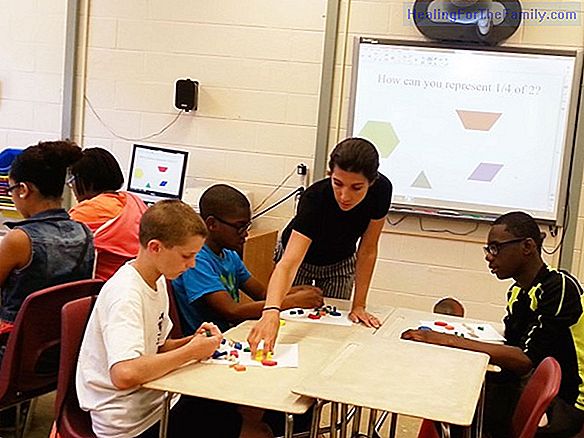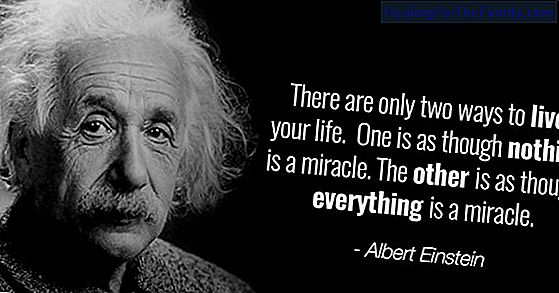How to encourage oral language in children
Oral language is the vehicle with which we express ourselves and make ourselves understood before others, that is why it is so important to begin to master it as soon as possible, as it can become decisive in the subsequent academic performance. The first tool we have when it comes to expressing our
Oral language is the vehicle with which we express ourselves and make ourselves understood before others, that is why it is so important to begin to master it as soon as possible, as it can become decisive in the subsequent academic performance.
The first tool we have when it comes to expressing our oral language is the voice, we are born with it and in all people it is different. If we pronounce and intone the words correctly we will understand. We all perceive the speaker, the humor, the sarcasm, the mockery, the irony, because the oral language serves us to express and interpret the words.
Why it is important to promote oral language in children

It is clear that the child is the first involved in their own learning, so it will be very important to participate in all activities that are carried out for this purpose.
Our goal will be for the child to pay attention and for this it is essential that he is at ease and motivated, and that can sometimes be difficult. Some of the causes that most negatively influence a child when it comes to expressing themselves are shyness and shame, for that reason, encouraging oral language will be very beneficial for them and they will be able to overcome it naturally through games.
We will start by strengthening the basic vocabulary so that they feel safe.
Games to work oral language in children
1. Onomatopoeias: It can be very fun to imitate the sounds of animals (onomatopoeias) and play to put voices and invent stories. Can you imagine putting an elephant's voice? And an ant? And if we exchange them ?, if we accompany him with gestures, (corporal expression), much better.
2. Rhymes, tongue twisters and riddles: Rhymes, tongue twisters, riddles, play with synonyms and antonyms etc. they are also resources to work on oral language while children have fun. Teatro 3. Theater:
Encouraging the participation of everyone, encouraging small debates, representing theaters, reading stories, can be very beneficial to acquire the desired oral language. Understanding that participating and communicating involves listening to the other, otherwise it would not make sense. A children's poem to practice oral expression
Here you have a children's poem to practice oral language with children. Remember that
the timbre, the intonation the intention to speak is definitive at the time of transmitting the message well. The debate afterwards will always be beneficial by encouraging everyone to participate. THE ANIMALS COTILLAS
Do you want to know a secret ?,
said the mona to the frog,
and down the branches,
she swung from a vine.
But you must promise me a that nobody will tell you:
near the river there is a toad
that has a black moon.
The frog's gossip,
immediately went to look,
and found some bunnies,
that played jumping.
Hey! Bunnies friends!
Called them to call.
Do you want me to tell you a secret ?,
he said lowering his voice,
and all the bunnies
ran around.
But you must promise me,
that nobody will tell you:
a toad lives in the river
that has a beige freckle.
The gossip bunnies,
went to look at the river,
and in a stone they found
a crocodile asleep.
Hey! they yelled- crocodile!
frightening him at once.
We tell you a secret,
if you promise not to tell:
there is a frog in the river
that has a very white mole
Without paying attention,
to bathe went to the river,
and saw the mole toad
after a hidden stone.
The crocodile swam,
and since he was not a gossip,
enjoying his bath,
he crossed to the other shore.
To finish I leave a sentence of Carmen Conde: 'Language is the most human that exists. It is a privilege of man. Each word carries with it a life, a state, a feeling. '












